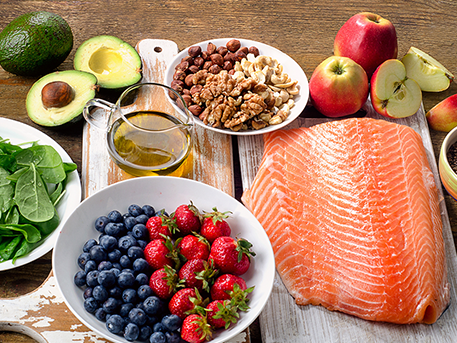Its what you put in that counts
After an interesting conversation with a young lad in the gym about nutrition its evident that we don’t always understand how our body works. We understand that if we owned a petrol car and filled it with diesel there’s a very strong chance that it will not run very well or at all! Yet we happily fill our bodies with all the wrong things and expect it to function properly. It doesn’t take a genius to understand that if we never put fuel in our car its not going to get very far before it gives up! yet we except all these wild diet plans that take away carbs or have you just eating meat in an attempt to lose weight without really understanding how it all works. Yes, you will lose weight but at what cost??
The young lad had been wrongly advised that he should reduce his intake to 1500 calories a day in an attempt to cut and gain muscle, this is simply not enough and not surprisingly he was feeling unmotivated and weak. It is not just a case of simply cutting your calories but taking a look at what you are eating and adjusting your macronutrients – the three major macronutrients being carbohydrates, protein and fats.
In order to achieve large gains in muscle mass along with significant body fat decreases, many hormonal events need to occur in the body. The amount of success that that can be achieved in these endeavours is determined by how much testosterone, growth hormone, and insulin are produced by the body and whether or not they are produced at the right times. These events are affected to a large extent by the quality, timing, amount, and ratio of the macronutrients consumed on a daily basis. (Bodybuilding.com)
We often get clients that are after weight loss and advise them to eat more - the reaction is priceless but there is 'method in the madness'. What you eat is as important or even more so than just counting calories. Sure, portion control alone might work for a while, but unless you switch to the right foods—foods that leave you satiated or even stuffed while on a caloric deficit—your self-control will eventually break down.
In order to start eating more of the right thing, it may be beneficial to look at your macronutrients rather than calories. Some people do well on lower carbohydrate, higher fat diets while others on higher carbohydrate, lower fat diets. Creating (and hitting) macronutrient targets allows you to determine which works best for you, then stick to that type of diet without needing to completely vilify and eliminate either fat or carbohydrates
Eating less does not create the need to burn body fat. Instead, it creates the need for the body to slow down. Contrary to popular opinion, the body hangs on to body fat. Instead, it burns muscle tissue, and that worsens the underlying cause of obesity. Only as a last resort, if the body has no other option, it may also burn a bit of body fat.
So when our metabolism thinks we are starving our body wants to hold on to the body fat. Starvation does not make us thin it simply makes us sick and sad. It’s bad for health and it’s bad for fat loss. Your body just doesn’t work that way. Eating less does not cause fat loss.
Eat right and exercise
.

